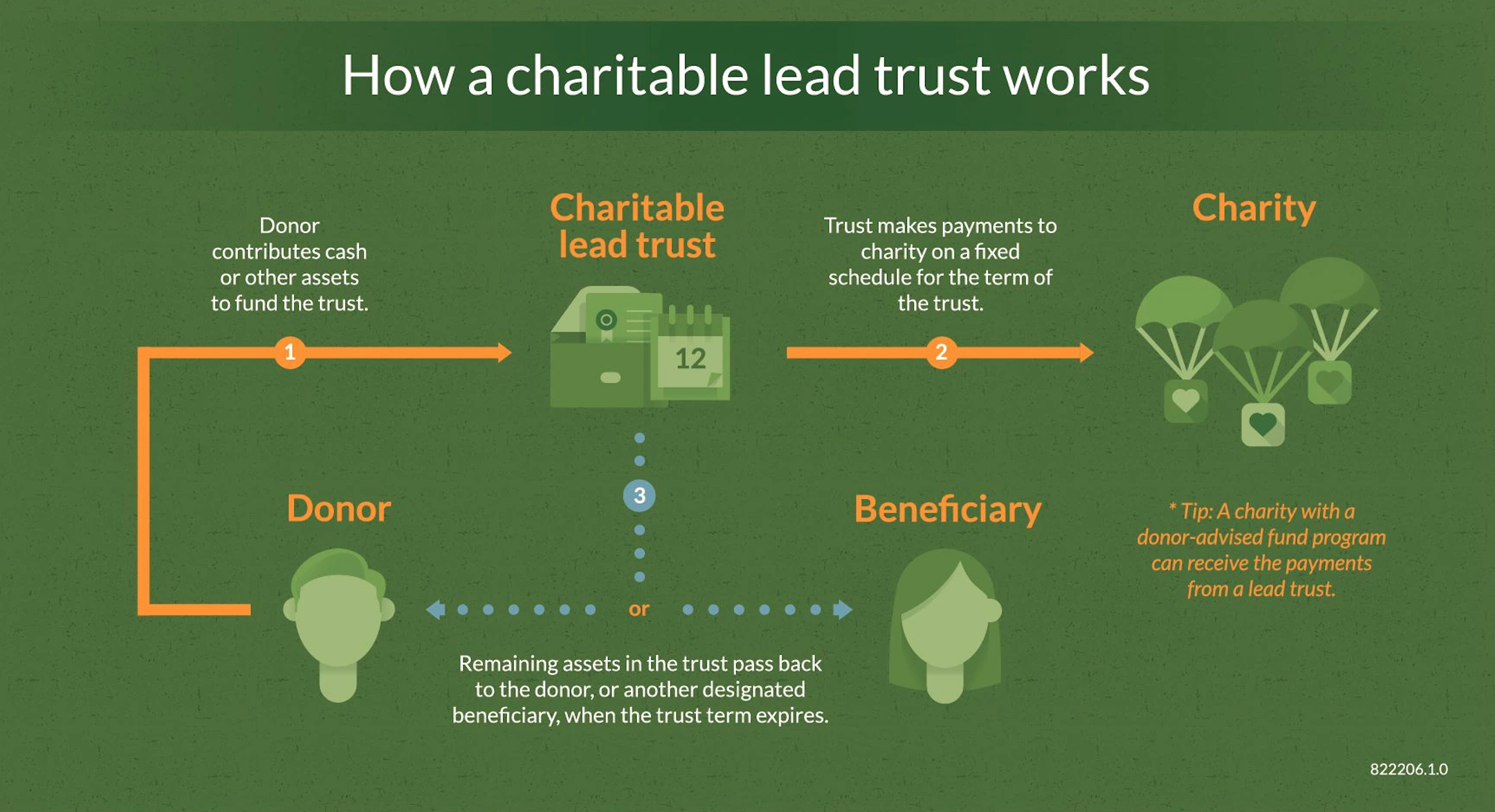Other Giving Plans
Beneficiary Designation Gifts
There are several ways to make such gifts:
- Purchase a new policy and make your preferred Episcopal charity or parish both owner and beneficiary. The premiums are tax-deductible.
- Make your preferred Episcopal charity or parish owner and beneficiary of an existing policy. The cash value of the system is deductible, along with any future premiums.
- Make your preferred Episcopal charity or parish a contingent beneficiary of an existing policy.
For more information on beneficiary designation gifts visit:
Episcopal Church Foundation: Beneficiary Designation Gifts
A gift of real estate is another way to financially support your preferred Episcopal entity or parish. A life estate gift can be tax-deductible to the donor (this depends upon the donor's tax situation). If the property has increased in value, a life estate gift can help a donor avoid capital gains tax. It is also possible for an individual to retain all usage and income generated from the property for a specific period or life. At the end of the term or the donor's death, the church can continue receiving income from the property or sell it.
Donor benefits of a life estate gift:
- Receive an income tax dedication for the remainder value of the property.
- Possibly receive a reduction in estate and inheritance taxes.
- Preserve lifetime use of the donated real estate.
- Create a life estate gift based on more than one life, thus preserving the real estate for yourself and another person(s) if desired.
For more information on life estate gifts visit:
Episcopal Church Foundation: Life Estate Reserved
Charitable Lead Trust
A Charitable Lead Trust is an irrevocable trust whereby a donor can provide financial support to their preferred Episcopal entity or parish for a specified period, with the remaining assets going to designated beneficiaries.
A Charitable Lead Trust is set up for a specified period with distributions from the trust made to the donor’s preferred Episcopal entity or parish. After the end of the trust’s term, the trust is dissolved, and the remainder value is paid out to the donor’s non-charitable beneficiaries. A variety of assets to fund a Charitable Lead Trust include cash, real estate, and publicly traded securities.

Benefits of a Charitable Lead Trust:
- Reduction of estate tax
- Reducing gift tax
 Executive Director
Executive Director
 Operations Manager
Operations Manager